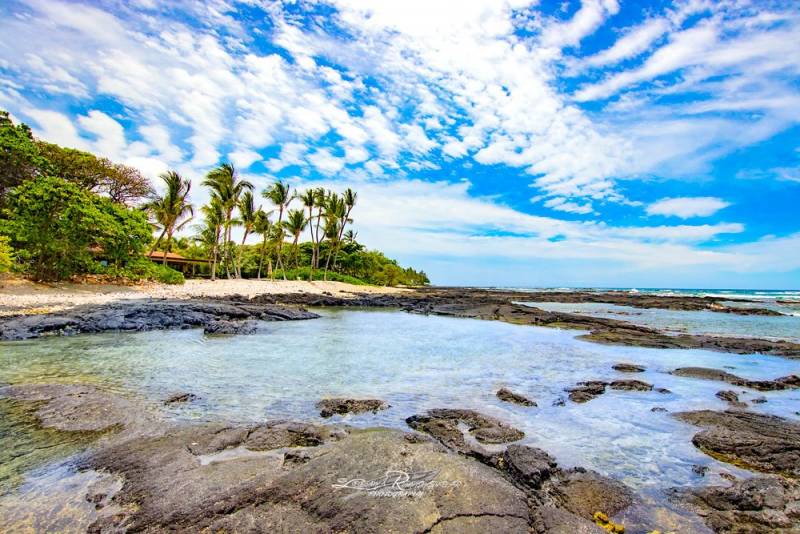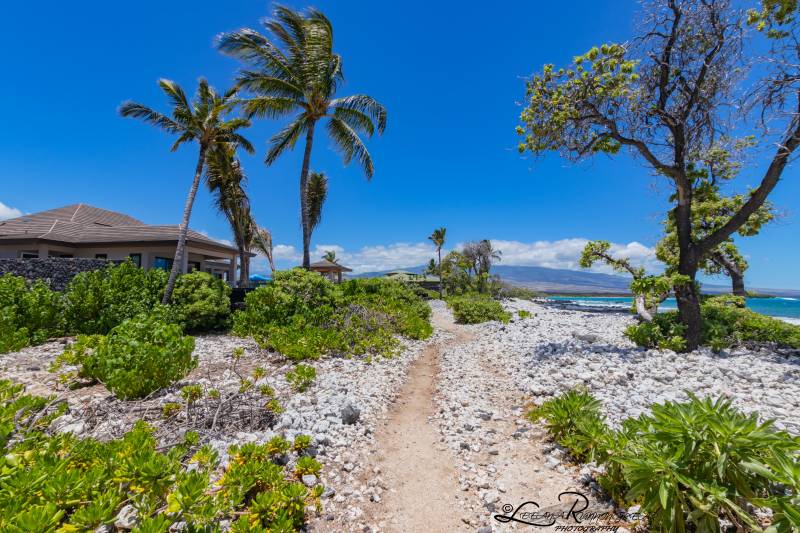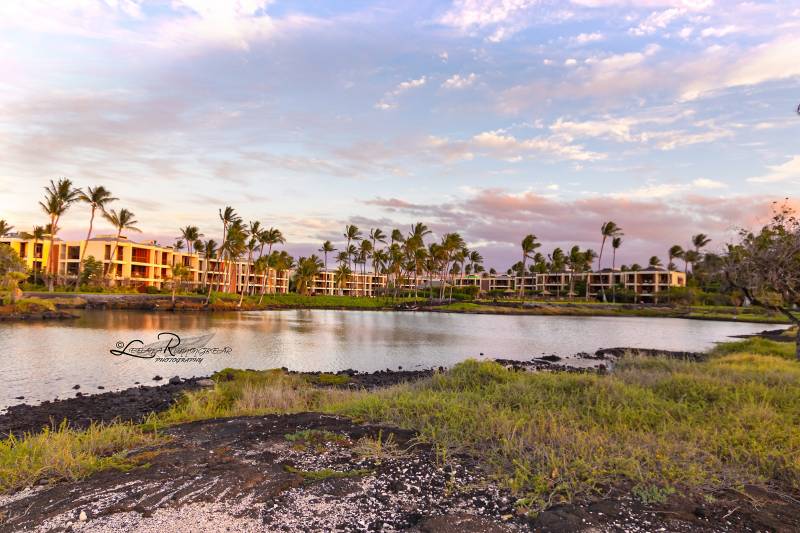Investing in a Hawaii Vacation Property? The Basics to Get Started
Hawaii is full of vacation property hot spots, and the Big Island is no exception. From the resort areas to Waikoloa Village to Kona, opportunities for rental investments are plentiful. A vacation property can be a getaway for you and your family or friends while earning you an income when you’re not there. Let’s go over some factors to consider before starting your property search.

The Down Payment Amount
Without exception, I advise non-cash buyers to get pre-approved with a local lender before beginning a search. Typical lenders will look for 20-25% down when financing a vacation rental on the Big Island. This might seem like a hefty sum to come up with, but this reduces the lender’s risk of taking on the loan. A large down payment also helps the seller feel conformable with accepting your purchase offer.
A pre-approval letter is also a strategic move for knowing what you can purchase and increasing your chances of ab accepted offer. Knowing that your financing is already in place and ready to go can speed up the process for the seller and give them confidence that you will close on time without the question of finances becoming a stumbling block.
Property Management
Those who purchase a Hawaii vacation property often have full-time residence on the mainland. Using a local property management company is the easiest way to manage the day-to-day business of a rental property. The company can handle turnovers, bookings, and marketing if you’re doing short-term rentals.
Long-term rentals will deal with leasing, ongoing maintenance, and any emergencies that may arise. Long-term rental property management typically charges 10%, while short-term management ranges from 20-35% of your gross rental fees.
I suggest starting your research once you know the general area you want to purchase. Talk to at least three companies to find out what is included in their contracts, if they have extra fees for special situations, and how long they require you to sign up for.
They can even be a valuable source of information for you from the get-go – you can ask for recommendations on location; what style of home renters seem to prefer; if a condo, townhouse, or single-family home might be best; which amenities are most in demand; etc. They do this for a living and can often offer excellent pointers that will assist you in making the best decision possible.

Short-Term Versus Long-Term Rentals
There are several significant factors to consider when determining if you want to do short- or long-term rentals. First, talk to your Big Island agent about what laws may come into play. Short-term rental permits are only available in specific areas, so planning a short-term rental (STRV) in the wrong location could be detrimental to your business plan.
I also suggest running the numbers by your accountant. They can assist with handling expenses, income, fees, etc. Your CPA is essential to this process; working with them just like your real estate agent can help you in the long run.
As short-term vacation rentals become more popular, the supply of long-term rental housing for locals is diminishing. If you aren’t looking to vacation on the island but still want to invest in real estate here, a traditional rental might be your best bet. These can be more stable with less uncertainty about occupancy.

Consult a Reputable Big Island Agent
Your real estate agent can make or break your purchase. You want to work with an expert local agent who knows the best areas and is used to negotiating Big Island vacation rental purchases. Your agent should be familiar with Short-term rental (STRV) rules and be able to recommend local service providers such as lenders, property management companies, vendors, handyperson, and more.
Contact me so we can chat about your personal and business goals and how I can help you obtain the Big Island vacation rental that works for you.
Mahalo,
Leeana

Leave your opinion here. Please be nice. Your Email address will be kept private, this form is secure and we never spam you.